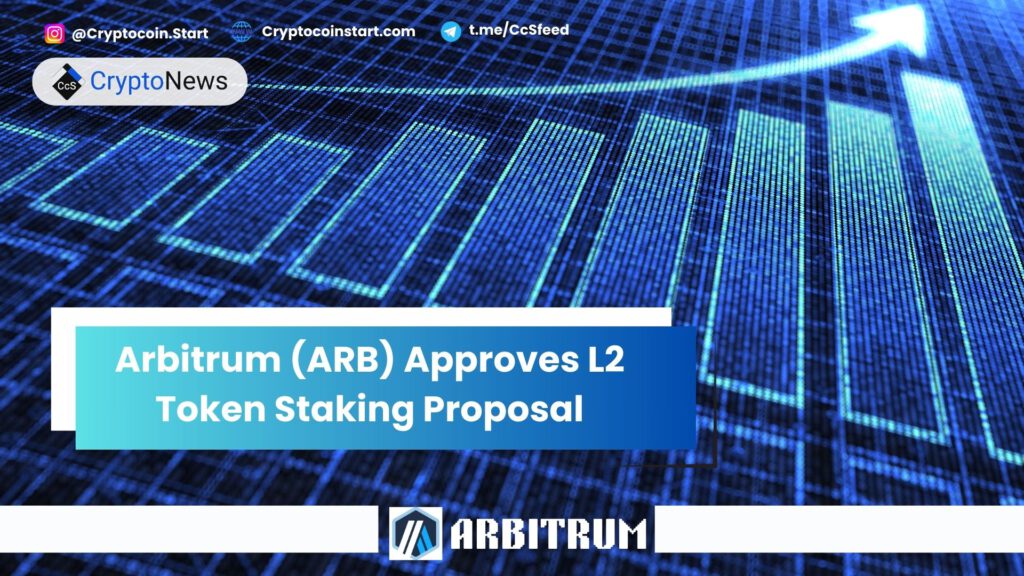
Introduction
Arbitrum (ARB) is set to unlock new utility for its native token by adopting a liquid staking model. This decision marks Arbitrum’s entry into the liquid staking arena, following a strategy similar to Ethereum’s layer-2 solutions. The move allows ARB holders to stake their assets and receive a new token, stARB.
Details of the Liquid Staking Proposal
Arbitrum is introducing its first layer-2 liquid staking program, modeled after Ethereum protocols such as LidoDAO. Under this new system, ARB holders can stake their tokens with active governance participants and receive stARB in return.
- Initial Vote: The proposal was approved with 91.54% in favor, using a total of 145 million ARB tokens in the voting process.
- Fee Redistribution: Initially, ARB liquid staking will not distribute protocol fees to retail holders. Further votes by the Arbitrum DAO will determine the potential for fee redistribution.
Addressing Governance and Security Concerns
The move to increase staking and security comes in response to concerns about potential 51% attacks due to misaligned incentives. The Arbitrum DAO holds $32 million worth of ETH, which could be used in voting. A 51% attack would cost approximately $31.75 million, creating a possible incentive for malicious entities.
Currently, the Arbitrum DAO does not reward voting, but discussions are ongoing about using reserves and new fee inflows to incentivize participation. The major concern is the concentration of voting power with a single delegate, which could lead to governance attacks and aggressive fee redistribution.
- Delegates and Karma Scores: Excessive delegation to large entities could centralize voting power and pose governance risks.
- Incentive Mechanisms: Arbitrum is working on new incentive mechanisms to prevent attacks and align interests.
Growth and Value Locked in Arbitrum
Arbitrum has become one of the most widely used layer-2 protocols, primarily due to its effective consolidation of funds. It currently holds $2.65 billion in total value locked (TVL), surpassing chains like Base but still trailing Solana.
- Wallet Data: Arbitrum controls over $11 billion in funds, including more than 2 million ETH in reserves.
- DeFi and Web3 Integration: The protocol supports a range of DeFi tokens and stablecoins, with notable activity from platforms like Aave and Uniswap V3. It is also exploring Web3 game integrations.
- Fee Variability: Arbitrum’s daily fees fluctuate between $1 million to $3 million, occasionally dropping below $50,000.
Future Challenges and Token Unlocks
Despite significant activity, Arbitrum is struggling with fee consistency and needs to generate predictable income. The protocol’s fees, currently around $0.00077 for fast transactions, are not yet sufficient for effective redistribution.
Arbitrum must also manage token unlocks carefully. With only 32% of the total tokens in circulation, the upcoming unlock on August 16 will add 2.77% to the circulating supply.
- Token Price: ARB tokens recently traded near an all-time low of $0.54, down from a peak of $2.29 during the Q1 bull rally.
In summary, Arbitrum’s new liquid staking proposal and ongoing adjustments aim to strengthen its protocol, address security concerns, and enhance its financial stability. The protocol continues to navigate the complexities of scaling and governance as it strives to maintain its position as a leading layer-2 solution.

